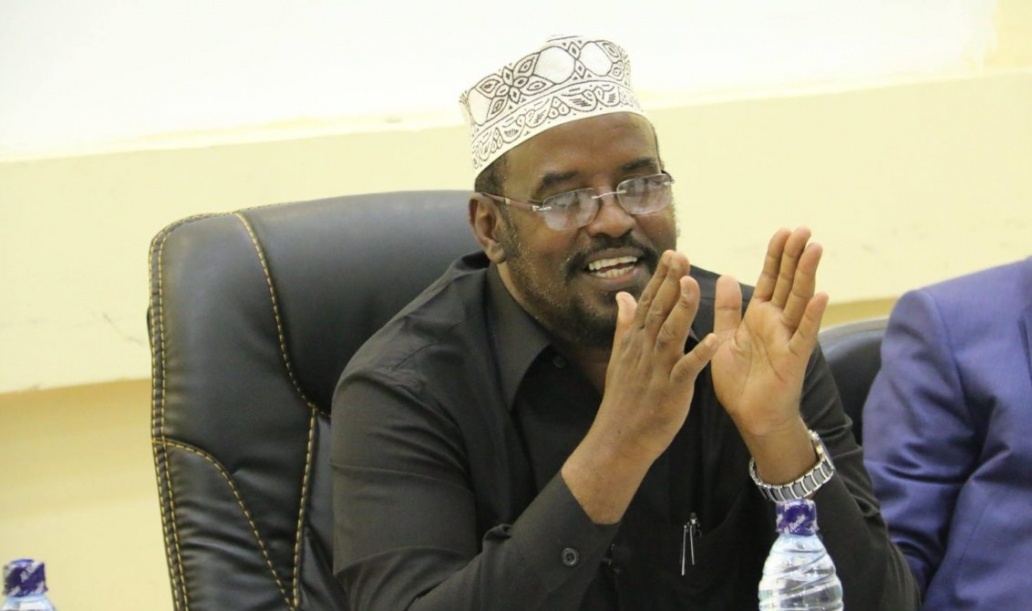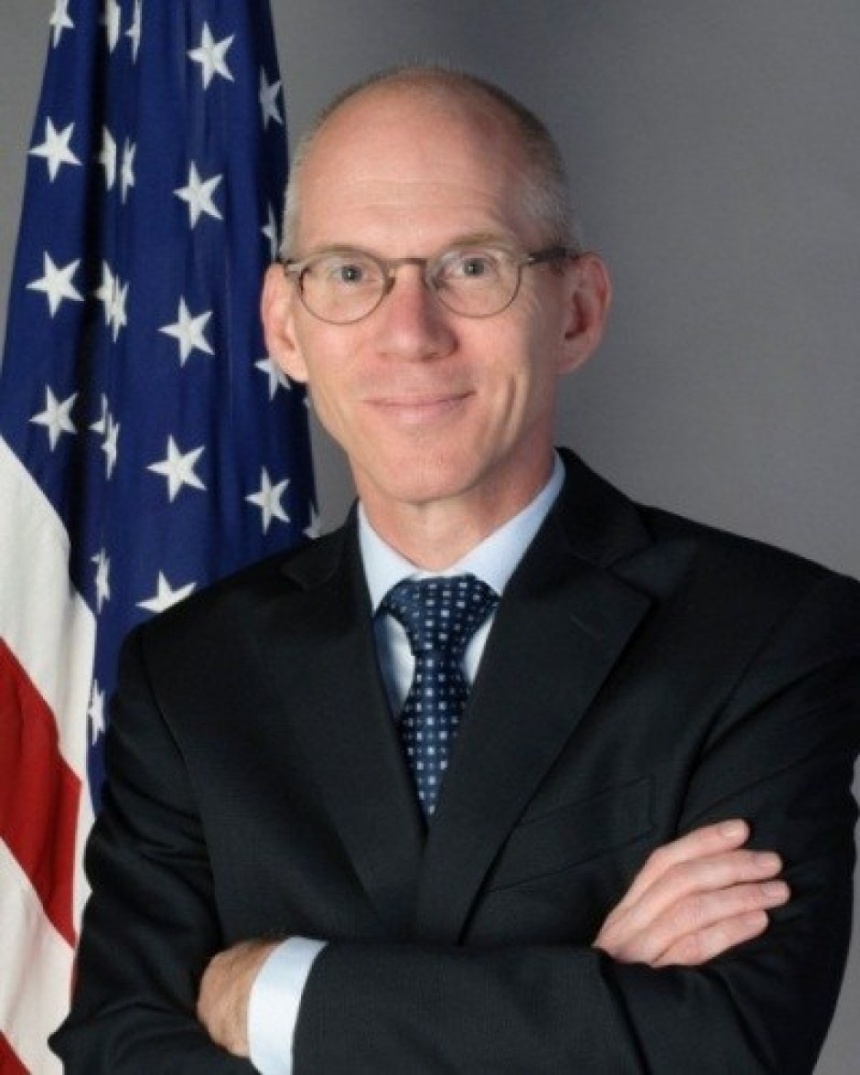By Peter Olorunnisomo – While Jubbaland – a break away from mainland Somalia is seeking its independence trudge on the sleeves of an election, the thought of peace in Somaliland is still fragile and could yet portend serious concerns for the United Nations to say the least.

With hundreds of thousands of its citizens across Europe as refugees under the arrangement of the United Nations, the long-drawn expectations for peace looks to the fleeting.
In Jubbaland, Ahmed Madobe has secured reelection as leader of Somalia’s semi-autonomous region after a poll in the capital Kismayo on Thursday morning.
Full name Ahmed Mohamed Islam, Madobe polled 56 out of 74 votes whiles his contender Anab Mohamed Darir got 17 votes. It was a first-round win for the incumbent since he got more than two-thirds of the vote.

He has since been sworn into office despite the federal government saying it was not going to recognize the outcome according to reports.
The election had a heavy dose of subregional “meddling” with Kenya thought to be throwing their support behind Madobe whiles Ethiopia and the Somali government backed Darir.
Kismayo was put on lockdown days to the vote with authorities reporting that an Ethiopian aircraft had at a point been refused permission to land.
Ethiopia and Kenya play significant security roles in Somalia as part of efforts to combat the Al-Shabaab insurgency that continues to rattle the Horn of African nation.
Last Saturday the Somali government said it would not recognise the result of the election in Jubbaland, saying the candidate selection process violated the national constitution. Analysts held that the stand-off risks sparking a dangerous wider conflict.
The stakes for all parties, local and international, are high. With good seasonal rainfall, lush farmlands and the lucrative Kismayo port, Jubbaland is one of Somalia’s more wealthy and stable regions.
As well as providing a friendly buffer-zone for Kenya, its shoreline delineates a hotly contested maritime zone claimed by both Somalia and Kenya with potential oil and gas deposits.
Kenya does not want to lose its ally, Madobe, said Hussein Sheikh-Ali, a former national security advisor and founder of the Hiraal Institute, a Mogadishu-based think-tank. “They installed him and he’s a trusted figure,” he said.
Despite what the UN may consider “encouraging” developments, insecurity across Somalia remains a serious concern, James Swan, head of the UN Mission in Somalia (UNSOM), warned the Security Council, in his first briefing to the world body since taking office.
Mr. Swan noted the effectiveness of the collaboration between the UN and international partners, and the Somali Security Forces working with the African Union Mission in Somalia (AMISOM), which has seen areas near the capital Mogadishu taken back from terror group al-Shabab, and stabilized.
However, Mr. Swan noted that terrorism remains a threat to progress, citing the deadly al-Shabab attack on the offices of the mayor of Mogadishu in July, which killed and injured several Government officials.
Looking ahead to the crucial 2020 election cycle, Mr. Swan described the upcoming poll as an opportunity to advance democracy in the country, noting that preparations for the one-person-one-vote poll, including a draft electoral law, are underway. He called for the empowerment of women to be a central feature of the political process and encouraged the Federal Government to establish a task force, to ensure election security.
A more immediate concern for Mr. Swan is the regional election in Jubaland province on Thursday, where a contested outcome could see an increased level of insecurity, which would not only put progress made in Jubaland in jeopardy, but also potentially undermine national priorities, including preparations for the 2020 elections, the fight against al-Shabab and the country’s development agenda.
Turning to the economic situation in Somalia, Mr. Swan said that the Government has made “great strides” towards improving the country’s fiscal performance and strengthening governance, putting Somalia on the path towards economic recovery.
This progress is set against a backdrop of an ongoing humanitarian crisis that remains “one of the most protracted in the world”, with 2.2 million Somalis facing acute food insecurity, and 2.6 million internally displaced, fleeing conflict and drought.
Mr. Swan urged Member States to urgently resource a Drought Impact Response Plan issued by the UN and Somali Government, which calls for funding of $686 million. To date just over half of that sum has been secured.
Pramila Patten, Special Representative of the Secretary-General on Sexual Violence in Conflict, also addressed the Security Council meeting, briefing the delegates on her July visit to Somalia, during which she met with senior Government officials, Parliamentarians, UN and African Union officials, frontline service providers and civil society representatives.
Ms. Patten said that countless women and girls are subjected to, or are living in, fear of sexual violence. “Victims are often invisible and inaccessible”, she said, “with nowhere to report these crimes, and nowhere to turn”, in a country where sexual predators are emboldened by a “weak legal system”.
“Women and girls are particularly vulnerable to conflict-related sexual violence”, she added, “owing to deeply-entrenched gender inequality and discrimination, continuing insecurity, weak rule of law, large-scale displacement, limited reach of State institutions, lack of access to areas controlled by Al-Shabab and the recurrent humanitarian crises”.
Ms. Patten declared that as a direct consequence of her visit, The Somali Government has committed to work with the UN on an Action Plan on Ending Sexual Violence in Conflict, which will focus on the connections between terrorism and conflict-related sexual violence, and a comprehensive response to conflict-related sexual violence which focuses on survivors.
Kindly follow us on twitter:@AfricanVoice2









